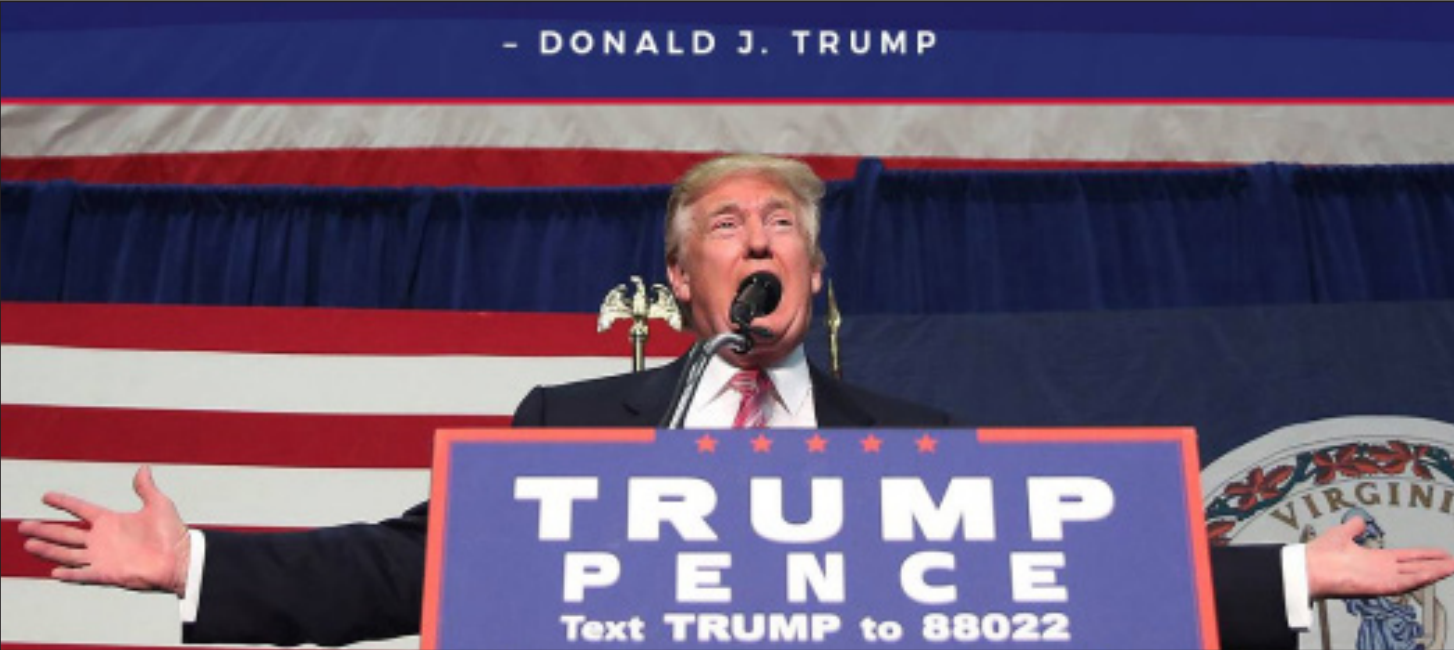By Tom Wolber, Transcript Correspondent
Sanctuary cities and campuses are in the news these days.
During his campaign, Donald Trump routinely stated that he would deport the estimated 11 million undocumented immigrants in the U.S.
After his election, he reaffirmed that the immediate deportation of 2 to 3 million immigrants with criminal records
(a gross exaggeration) remains a top priority. And he has threatened to block federal funding for sanctuary cities, viewed by conservatives as “renegade localities” that disregard the law and order and harbor hordes of illegals, felons and rapists.
Trump has also routinely associated and even equated, in blatantly racist terms, Mexicans with lawbreakers and Muslims with terrorists.
Just a few days ago, he stated that flag-burning (a constitutionally protected form of free speech) should be punished by loss of citizenship. In Trump’s dystopian world, no one is safe and the need for sanctuary cities and campuses is great.
As a response, mayors in over 200 American cities have announced that in their municipalities police officers will decline full cooperation with the Immigration and Customs Enforcement (ICE).
They quoted many different reasons for refusing to cooperate, some of which have nothing to do with politics.
Some mayors worry that assigning additional tasks to police of cers would harm their ability to perform their regular duties of solving crimes, responding to crashes and keeping the community safe.
They also worry that fear of detainment and deportation would create distrust and discourage victims and witnesses from talking to and working with police.
Others have quoted federal judges, who ruled it would be an unconstitutional to hold someone in jail without an arrest warrant and probable cause, solely at the request of federal agents. And, let’s hope, there are also a number of decent people among the mayors who don’t see the need to disrupt the lives of hard-working residents who have families, jobs and contribute to the tax base of their cities.
Religious leaders have expressed their view that sheltering and protecting new Americans is part of their right to free exercise of religion that must not be abrogated. For example, the Catholic Church, the largest denomination in the nation, is committed to resettling refugees and keeping immigrant families together.
Colleges and universities, even more so than towns and cities, have lofty vision and mission statements that prohibit any and all forms of discrimination on the basis of race, gender, religion, origin, etc.
Many consider discrimination against undocumented immigrants a similarly grievous violation of natural law and human rights.
Countless colleges and university presidents have emerged in recent days and weeks to emphasize their commitment to the safety of all students, regardless of their immigration status. Even if they don’t use the “sanctuary” term (e.g., the University of California system), they will not cooperate with any new federal policies that target immigrant students unless a court order is produced as a result of an actual or suspected crime.
Only when undocumented immigrants do commit serious crimes and a valid warrant is produced will sanctuary cities and campuses cooperate with ICE.
Even Trump’s own alma mater, the University of Pennsylvania, has renewed its pledge to block federal agents without a warrant from removing students. President Amy Gutmann has issued a statement that reads in part: “We are and remain resolute in our commitment to Penn’s undocumented students and will do all we can to ensure their continued safety and success here at Penn.”
What are some of the concrete things institutions of higher learning can do? In addition to providing need-based and merit-based financial aid for tuition, room and board, schools should immediately make available designated resources and personnel for those in need.
A free legal-aid and court-assistance program ensures due process and helps students stay in the country and pursue residency and citizenship status if desired. If money is tight, then perhaps a sympathetic donor can step in.
Schools and universities should also reevaluate what kind of data they collect and archive. Like any tool or weapon, knowledge is dialectical. It can either help or harm.
If a registry of foreign-born students falls into the wrong hands (e.g., by becoming ”evidence” through a court-ordered subpoena), it could in some cases lead to the detainment, internment and deportation of “dreamers” and other groups.
California is currently working on sweeping legislation to protect undocu- mented immigrants from deportation. The state already offers in-state tuition and driver’s licenses to undocumented residents.
It will now set up a public fund to help train public defenders in immigra- tion law and to protect the vulnerable.
All people are born equal, with basic natural rights, including those of life, liberty and the pursuit of happiness. In the face of injustice, resistance becomes a moral imperative.
Just like California has resolved to shield its most vulnerable residents from governmental overreach, colleges and universities exist to serve the public, for the benefit of all.
In these challenging times, they have an ethical obligation to remain sanctuaries for the free pursuit of truth and the human spirit. They also must ful ll the practical task of ensuring the safety of the communities of students and teachers in search of knowledge, skills and character.

This is not an easy task but Donald Trump is now a president of US and have rights to do this. If Trump wants than he should go to take starting step toward this by keeping in mind that this step should be only for criminal record person and not affect ordinary person.